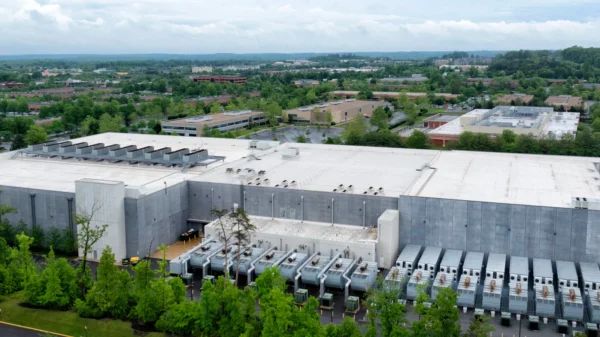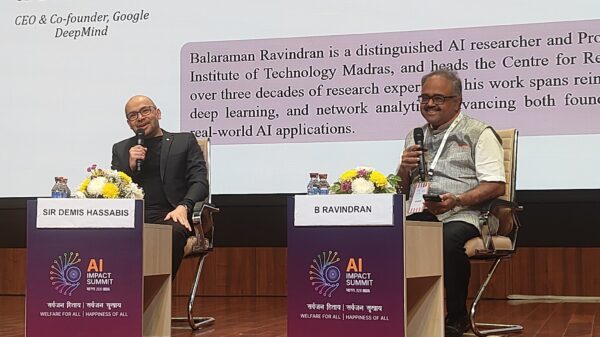Pharmaceutical giant Eli Lilly And Co (NYSE: LLY) (ETR: LLY) has launched an artificial intelligence-integrated drug development platform for biotech sector operators.
Announced on Tuesday, “TuneLab” will enable companies to harness the insights of Eli Lilly’s AI models without compromising their data and intellectual property. Eli Lilly says the AI-machine learning tools have been trained with decades worth of its research data on thousands of molecules. The process of pooling that data together cost more than US$1 billion. Sixteen AI models are being employed to start.
“By providing access to some of the same AI capabilities used by Lilly scientists, we can help the entire ecosystem think bigger, move faster, and go after the breakthroughs that matter most to patients,” said Chief Scientific Officer, Daniel Skovronsky, in a social media post.
The pharma company will benefit from granting drug makers access by acquiring valuable data without compromising privacy.
insitro and Circle Pharma are two companies have already lined up to start working with TuneLab for development of cancer therapeutics and drugs for other indications.
Also, Superluminal Medicines and Firefly Bio. They will be using it to create new treatments for cardiometabolic diseases, tumours and other indications. Eli Lilly helped back a US$120-million-dollar Series A funding round for Superluminal last September and a US$94 million-dollar round for Firefly earlier in 2024.
To assist with TuneLab’s launch, Eli Lilly has employed data security expert Rhino Federated Computing.
“The platform is hosted by a third-party and employs federated learning, a privacy-preserving approach that enables biotechs to tap into Lilly’s AI models without directly exposing their proprietary data or Lilly’s,” according to the news release on Sept. 9.
Artificial intelligence holds the promise of accelerating drug discovery at lightning speed, but multiple complications can arise nonetheless.
AI models may not take potential side effects into account, favour drug candidates that only work well in certain populations, or prioritize compounds that perform well in the lab or simulated experiments but fall short during in vivo studies.
AI-driven drug creation also requires high-performance computing and cloud infrastructure, which can be very costly due to energy consumption, hardware requirements and other factors.
Read more: Nebius takes flight on the back of multi-billion-dollar Microsoft deal
Read more: AI education becomes mandatory at Kazakhstan’s universities
Follow Rowan Dunne on LinkedIn
rowan@mugglehead.com














